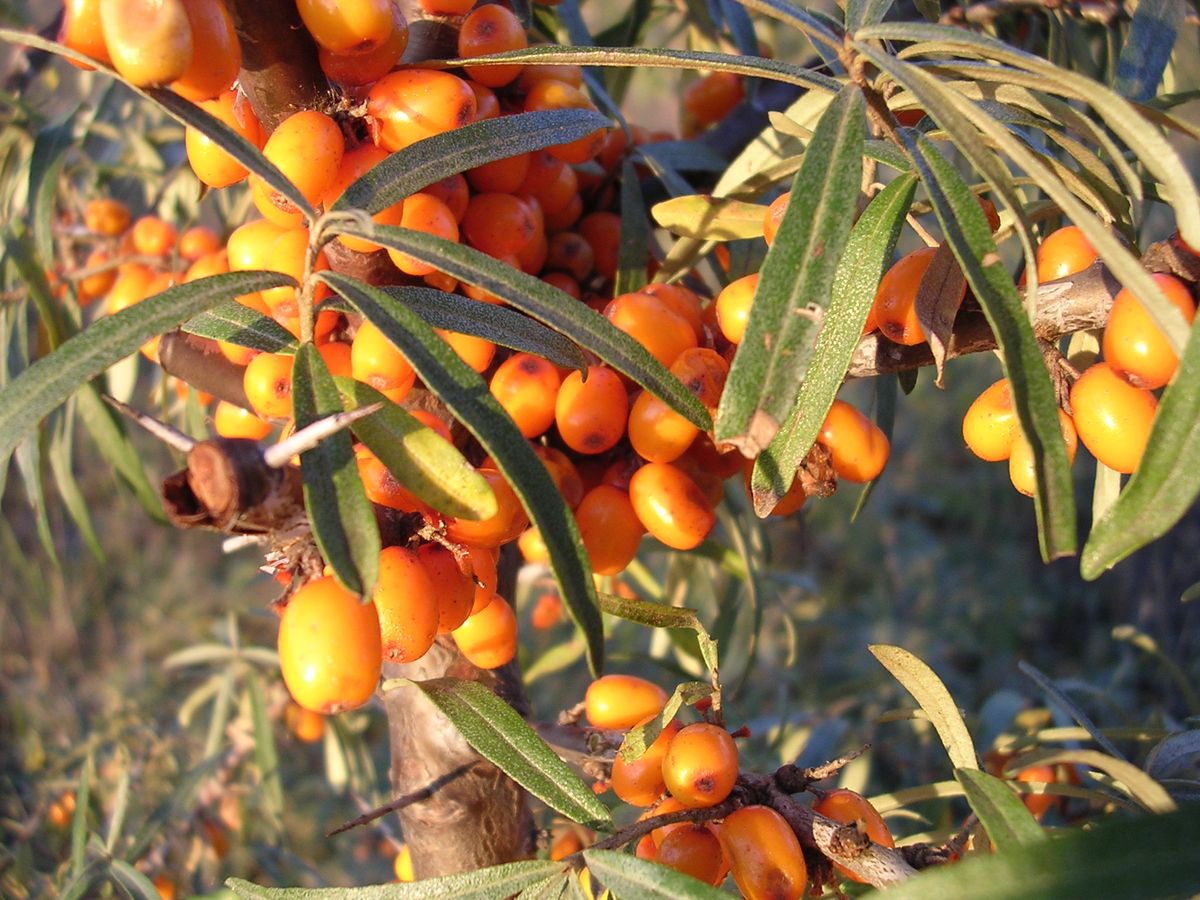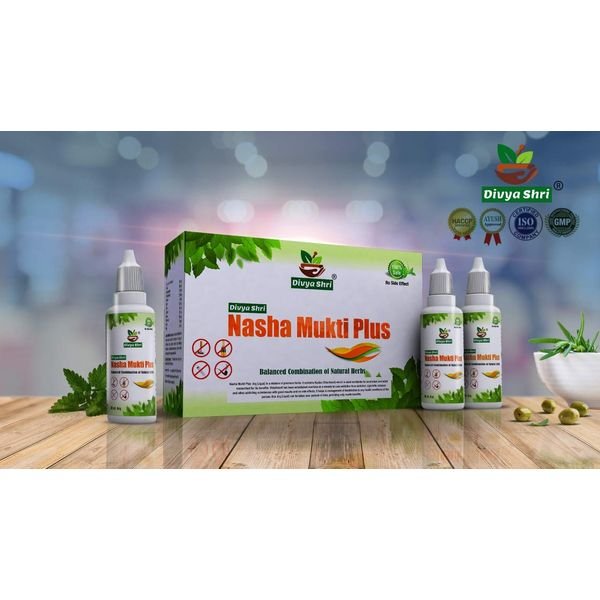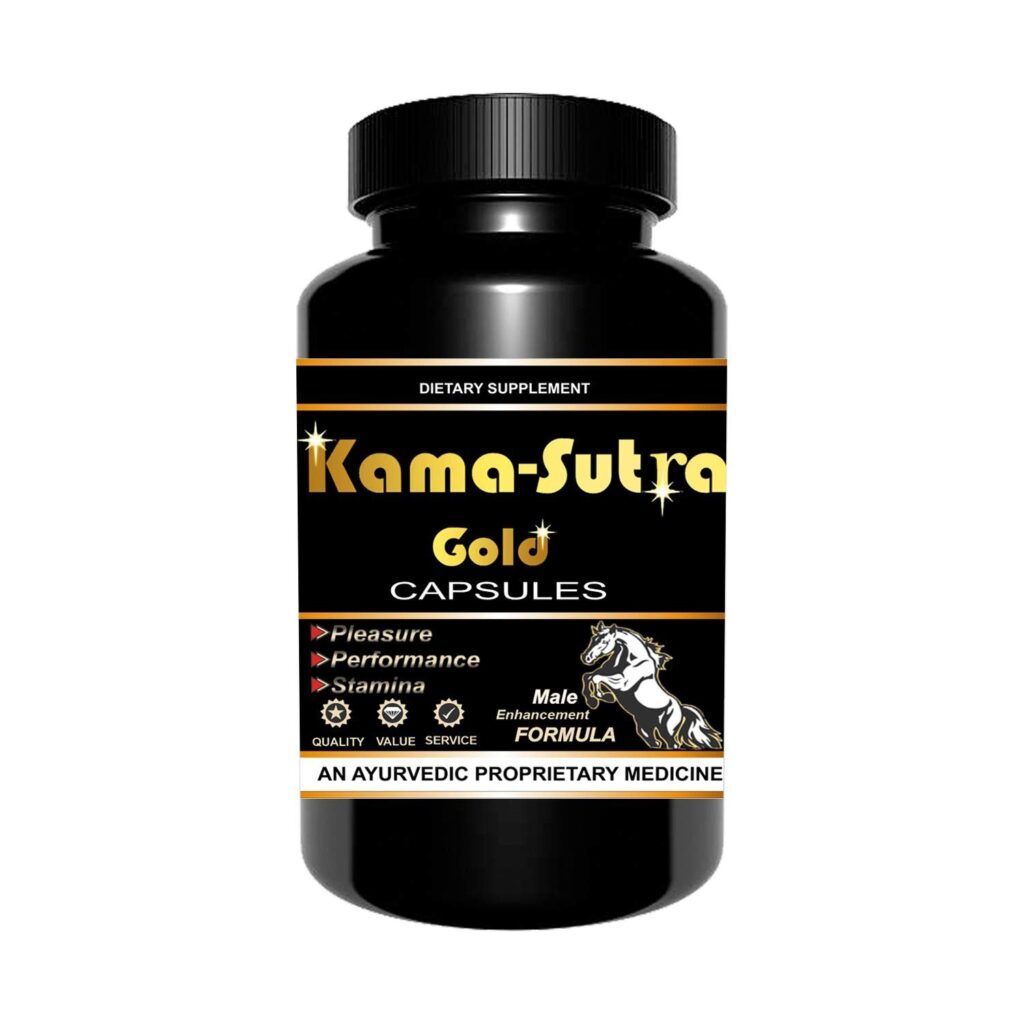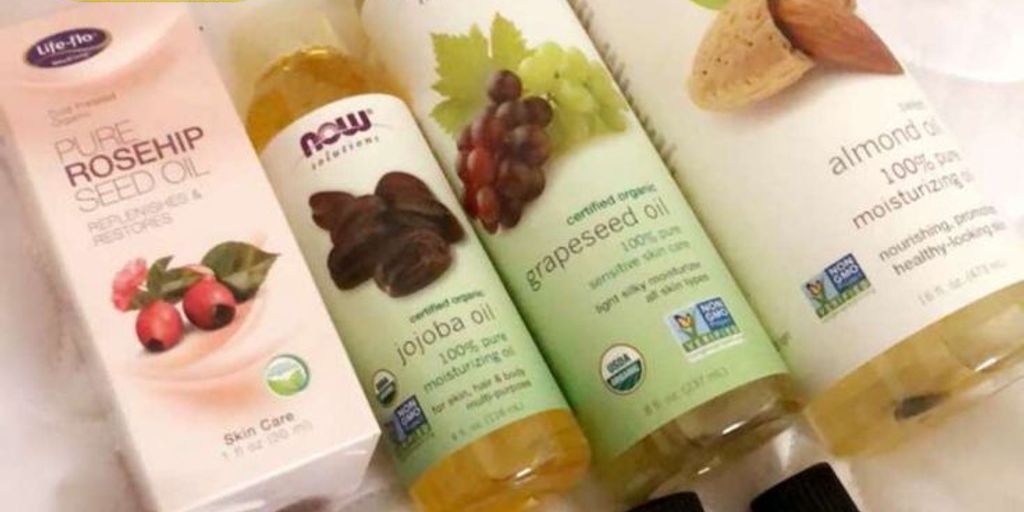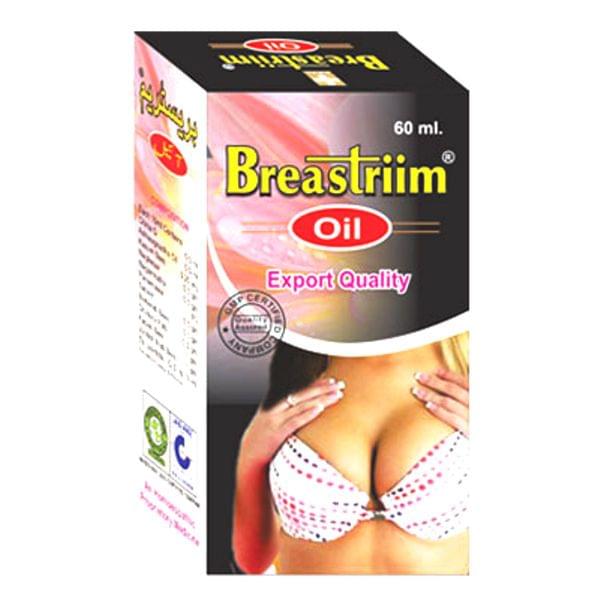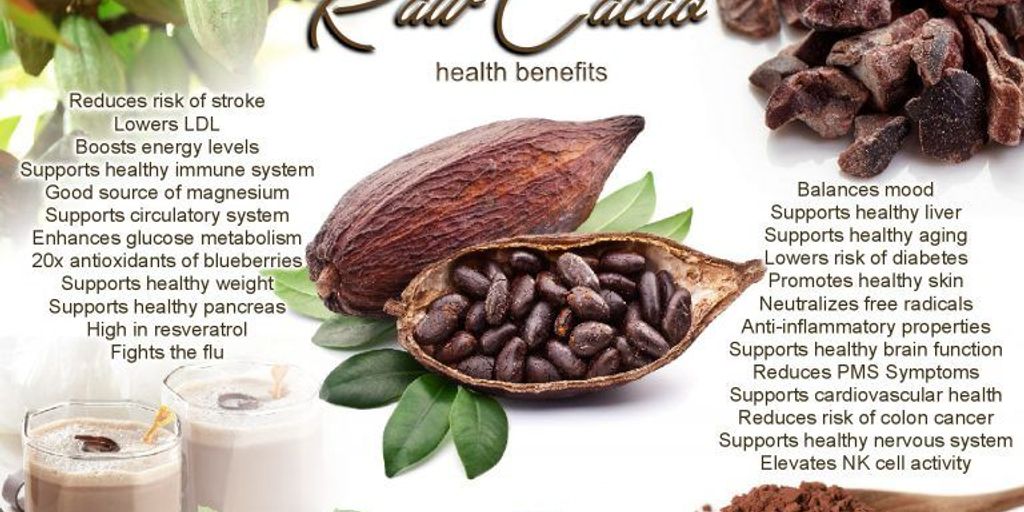Seabuckthorn juice, a vibrant and nutrient-packed beverage, has been gaining popularity among health enthusiasts for its remarkable nutritional benefits and refreshing taste. This article delves into the multifaceted world of seabuckthorn juice, exploring its rich nutritional profile, health benefits, culinary versatility, sustainable production practices, and practical tips for consumers. Join us as we unravel the secrets behind this nutrient-rich delight and discover why seabuckthorn juice is more than just a tasty treat—it’s a powerhouse of wellness.
Key Takeaways
- Seabuckthorn juice is a treasure trove of vitamins, minerals, omega fatty acids, antioxidants, and phytonutrients, contributing to its potent health benefits.
- Regular consumption of seabuckthorn juice can enhance immune function, support digestive and cardiovascular health, and improve skin vitality, thanks to its diverse bioactive compounds.
- Beyond its health advantages, seabuckthorn juice offers culinary diversity, adding a unique flavor to drinks and dishes while also pairing well with various foods.
- Sustainable harvesting and ethical production practices are crucial in the seabuckthorn industry, ensuring minimal environmental impact and fair trade for farmers.
- Consumers interested in seabuckthorn juice should be informed about label details, price considerations, and proper storage methods to ensure they are getting the best quality product.
Unveiling the Nutritional Profile of Seabuckthorn Juice
Vitamins and Minerals Galore
Seabuckthorn juice is a powerhouse of nutrients, offering a remarkable range of vitamins and minerals essential for maintaining good health. Rich in vitamin C, it surpasses the content found in oranges, making it an excellent choice for supporting the immune system. The juice also contains vitamins A, E, and the B-complex, which play a crucial role in energy metabolism and neurological functions.
Seabuckthorn is not only about vitamins; it’s also a treasure trove of minerals. Magnesium, calcium, potassium, and iron are just a few of the minerals that contribute to its dense nutritional profile. These elements are vital for bone health, muscle function, and oxygen transport in the blood.
The synergy between the diverse vitamins and minerals in seabuckthorn juice can amplify its health benefits, potentially aiding in areas such as boosting immunity and improving skin health.
Here’s a quick glance at some of the key nutrients per 100g serving:
| Nutrient | Amount |
|---|---|
| Vitamin C | 400mg |
| Vitamin A | 60μg |
| Vitamin E | 9.3mg |
| Iron | 1.2mg |
| Calcium | 60mg |
| Potassium | 200mg |
The Omega Fatty Acids Presence
Seabuckthorn juice is not only a treasure trove of vitamins and minerals but also a rich source of Omega fatty acids. These essential fats are crucial for maintaining a healthy body and are not synthesized naturally by humans, making seabuckthorn an invaluable addition to one’s diet.
The presence of Omega 3, Omega 6, Omega 7, and Omega 9 in seabuckthorn oil contributes to its wide-ranging health benefits. Each of these fatty acids plays a unique role in the body:
- Omega 3: Supports brain health and reduces inflammation
- Omega 6: Aids in skin and hair growth, bone health, and metabolism regulation
- Omega 7: Promotes healthy skin and mucous membranes
- Omega 9: Enhances immune function and cardiovascular health
The balanced combination of these fatty acids in seabuckthorn juice makes it a holistic supplement for overall well-being.
It’s important to note that the OmegiaTM brand of sea buckthorn oil is known for its specific composition of fatty acids and vitamins, such as β-carotene and vitamin E, which are essential for maintaining healthy skin and blood markers.
Antioxidants and Phytonutrients
Seabuckthorn juice is a treasure trove of antioxidants and phytonutrients, which are essential for maintaining the body’s defense systems against oxidative stress. These compounds are pivotal in protecting cells from damage and may contribute to overall health and longevity.
Seabuckthorn berries contain a variety of these beneficial substances, including flavonoids, carotenoids, and tocopherols. The presence of these compounds can be linked to the vibrant color and the potent health benefits of the juice.
The synergy between the antioxidants and phytonutrients in seabuckthorn juice amplifies its health-promoting properties.
Here is a list of some key antioxidants found in seabuckthorn juice:
- Flavonoids
- Vitamin C
- Vitamin E (tocopherols)
- Beta-carotene
- Superoxide dismutase (SOD)
Each of these antioxidants plays a unique role in supporting the body’s natural protective mechanisms and promoting overall well-being.
Health Benefits of Seabuckthorn Juice
Boosting Immunity the Natural Way
Seabuckthorn juice is celebrated for its remarkable ability to enhance the body’s immune system. Rich in Vitamin C, this vibrant elixir supports the body’s natural defenses, making it a staple for those looking to maintain robust health.
Seabuckthorn’s nutritional arsenal is not limited to its vitamin content. It also boasts a plethora of bioactive compounds that contribute to its immune-boosting properties. Here’s a quick glance at some of the key nutrients:
- Vitamin C: Vital for immune function
- Omega-7: Supports mucous membrane health
- Beta-carotene: Precursor to Vitamin A, important for immune response
By integrating seabuckthorn juice into your daily routine, you can give your immune system the natural support it needs to thrive.
Consumers have taken note of these benefits, as evidenced by products like the 100% Organic Sea Buckthorn Juice available on platforms such as Amazon, which highlight the juice’s capacity to support immunity and boost energy.
Promoting Digestive Health
Seabuckthorn juice is celebrated for its ability to aid digestion and promote gut health. The presence of dietary fiber in seabuckthorn helps regulate bowel movements and prevent constipation. Rich in mucous membrane-supporting nutrients, it can soothe the gastrointestinal tract and reduce discomfort from conditions like gastritis.
Seabuckthorn is also known for its prebiotic properties, which encourage the growth of beneficial gut bacteria. This is crucial for maintaining a balanced gut microbiome, which is a cornerstone of good digestive health.
Regular consumption of seabuckthorn juice may contribute to a more efficient digestive system, leading to better overall health and well-being.
The following list outlines the digestive benefits of seabuckthorn juice:
- Supports regular bowel movements
- Soothes the gastrointestinal tract
- Promotes the growth of healthy gut bacteria
- May help in the management of digestive disorders
Skin Health and Anti-Aging Effects
Seabuckthorn juice is not just a refreshing drink; it’s a potent ally for maintaining youthful skin. Rich in nutrients that are essential for skin health, it has been linked to improved skin elasticity and hydration. The high vitamin C content in seabuckthorn juice is particularly beneficial for collagen production, which is crucial for skin strength and resilience.
Seabuckthorn oil, extracted from the same berries, is also renowned for its skin healing properties. It’s often found in various articles on Ayurvedic remedies and traditional skincare products. For instance, it’s explored for its benefits alongside Kamasutra capsules, Swarn Madhu, and Bajaj No Marks Cream.
Regular consumption of seabuckthorn juice may help in reducing the appearance of wrinkles and fine lines, making it a natural addition to anti-aging routines.
The following list outlines some of the key skin-nourishing compounds found in seabuckthorn juice:
- Omega-7 fatty acids: Known for moisturizing and repairing skin.
- Vitamin E: Provides antioxidant protection against environmental damage.
- Beta-carotene: Enhances skin’s natural glow and protects against sun damage.
Supporting Cardiovascular Wellness
The consumption of seabuckthorn juice has been linked to numerous cardiovascular benefits. Rich in omega fatty acids, particularly Omega-7, seabuckthorn juice supports heart health by maintaining healthy cholesterol levels and promoting good blood circulation.
Seabuckthorn has been studied for its cardioprotective properties, which include antiatherogenic effects that help prevent the formation of plaques in the arteries. This can lead to a reduced risk of heart diseases such as atherosclerosis.
Regular intake of seabuckthorn juice may contribute to overall cardiovascular wellness, complementing a heart-healthy diet and lifestyle.
The following list outlines some of the key cardiovascular benefits of seabuckthorn juice:
- Maintenance of healthy cholesterol levels
- Improvement in blood circulation
- Reduction in the risk of arterial plaque formation
- Potential to lower blood pressure
Culinary Uses of Seabuckthorn Juice
Innovative Drink Recipes
Seabuckthorn juice, with its vibrant color and rich nutritional profile, has become a favorite ingredient for those looking to add a nutrient-packed punch to their beverages. Innovative mixologists and health enthusiasts are crafting a variety of drink recipes that highlight the unique tartness and sweetness of this superfruit.
- Seabuckthorn Sunrise: A refreshing blend of seabuckthorn juice, orange juice, and a splash of lime.
- Himalayan Martini: A sophisticated mix of seabuckthorn juice, vodka, and vermouth, garnished with a twist of orange peel.
- Berry Seabuckthorn Smoothie: A healthy concoction of seabuckthorn juice, mixed berries, banana, and a dollop of Greek yogurt.
Embracing the versatility of seabuckthorn juice in drinks not only enhances the flavor profile but also infuses each sip with a dose of healthful benefits.
Whether you’re starting your day with a vibrant smoothie or winding down with an exotic cocktail, seabuckthorn juice offers a delightful twist to traditional recipes. Its ability to pair well with a variety of ingredients makes it an excellent choice for experimental and health-conscious consumers alike.
Cooking with Seabuckthorn: A Chef’s Perspective
When it comes to incorporating seabuckthorn juice into culinary creations, chefs are finding innovative ways to harness its unique flavor profile. The tartness of seabuckthorn juice adds a refreshing twist to traditional dishes, making it a favorite among culinary professionals.
One such creation is the Sea Buckthorn & Yoghurt Panna Cotta, a dessert that balances the acidity of the juice with the creaminess of yoghurt. This dish exemplifies how seabuckthorn can be used to elevate a simple dessert into a gourmet experience.
The key to cooking with seabuckthorn juice is to pair it with ingredients that complement its bold taste.
Here’s a glimpse into the ingredients that make the Sea Buckthorn & Yoghurt Panna Cotta a standout dish:
- 1 Orange, Juice of
- 3 Granny Smith apples
- 6 Large egg whites
- 1/4 pint Sea buckthorn consommé
- Lemon juice
Chefs recommend experimenting with seabuckthorn in various recipes, from savory sauces to sweet desserts, to discover the full range of its culinary potential.
Pairing with Foods for Enhanced Flavors
Seabuckthorn juice, with its unique tangy and slightly sweet flavor profile, can be a delightful addition to various culinary creations. Pairing it with the right foods can enhance both the juice and the dish, creating a symphony of flavors that tantalize the taste buds. For instance, its vibrant acidity cuts through the richness of cheeses, making it an excellent companion for a cheese platter.
Seabuckthorn juice pairs exceptionally well with seafood, complementing the delicate flavors of fish and shellfish. Here’s a simple guide to pairing seabuckthorn juice with different food categories:
- Dairy: Soft cheeses, yogurt
- Seafood: Grilled salmon, oysters
- Meats: Roasted chicken, duck
- Desserts: Lemon tarts, vanilla ice cream
Embracing the versatility of seabuckthorn juice in the kitchen can lead to delightful culinary experiments and new favorite combinations. Its ability to meld with a variety of ingredients makes it a valuable asset for any food enthusiast.
Sustainable Harvesting and Production
The Environmental Impact of Seabuckthorn Cultivation
The cultivation of seabuckthorn has a relatively low environmental footprint, making it a sustainable choice among superfoods. Seabuckthorn plants are hardy, thriving in marginal soils where other crops may fail, thus preventing soil erosion and promoting biodiversity.
Seabuckthorn farming practices often emphasize organic methods, which further reduces the impact on the surrounding ecosystem. The plant’s ability to fix nitrogen in the soil can enhance fertility without the need for synthetic fertilizers.
Seabuckthorn’s positive environmental contributions extend beyond its cultivation. Its deep root systems help to stabilize the soil, preventing desertification in vulnerable areas.
While seabuckthorn cultivation is beneficial, it is important to monitor and manage its growth to prevent unintended spread into non-native ecosystems, which could disrupt local flora and fauna.
Ethical Sourcing and Fair Trade Considerations
When it comes to the production of seabuckthorn juice, ethical sourcing and fair trade practices are paramount. Ensuring that local farmers receive fair compensation for their harvest is not only a matter of social responsibility but also contributes to the sustainability of the industry. By supporting fair trade, consumers can enjoy seabuckthorn juice with the knowledge that they are contributing to the well-being of the communities involved.
Seabuckthorn berries are often harvested in regions where economic opportunities are limited. Fair trade initiatives help to provide stable income and social benefits such as healthcare and education for farmers and their families. This approach fosters a more equitable system where everyone benefits, from the field to the final consumer.
- Fair compensation for farmers
- Community development
- Sustainable farming practices
By choosing to buy organic sea buckthorn juice, consumers are not only receiving a product rich in nutrients but also supporting ethical practices that benefit both people and the planet.
From Farm to Bottle: The Journey of Seabuckthorn Berries
The journey of seabuckthorn berries from their wild origins to your glass is a testament to the meticulous care and attention that goes into producing high-quality juice. Harvesting these berries is a delicate process, often done by hand to ensure the integrity of the fruit and prevent damage to the plants.
Seabuckthorn plants are incredibly resilient, thriving in harsh climates where few crops can survive. This hardiness translates into less need for chemical interventions, making seabuckthorn an eco-friendly choice for the health-conscious consumer.
The transformation from berry to juice involves several stages, each critical to preserving the nutritional value and vibrant flavor of seabuckthorn.
Here’s a brief overview of the process:
- Selection of the ripest berries
- Gentle harvesting to protect the plants
- Washing and sorting to guarantee purity
- Cold-pressing to extract the juice
- Bottling and pasteurization to ensure safety and longevity
Each bottle of seabuckthorn juice is not just a drink; it’s a culmination of nature’s resilience and human ingenuity.
Consumer Guide to Seabuckthorn Juice
Deciphering Labels: What to Look For
When selecting a bottle of seabuckthorn juice, the label is your guide to understanding the quality and purity of the product. Look for certifications such as organic or non-GMO, which indicate a higher standard of production. The ingredient list should be short and straightforward, with seabuckthorn as the main component.
Pay special attention to the nutritional information. This section reveals the juice’s content of vitamins, minerals, and other beneficial compounds.
Here’s a quick checklist to help you evaluate seabuckthorn juice labels:
- Origin of the berries: Preferably wild-harvested or sustainably farmed
- Type of seabuckthorn used: Look for the species Hippophae rhamnoides
- Processing method: Cold-pressed is ideal to retain nutrients
- Added sugars or preservatives: The less, the better
- Expiration date: To ensure freshness
The Price Point: Balancing Quality and Affordability
When exploring the market for seabuckthorn juice, consumers are often faced with a wide range of prices. The cost can be indicative of several factors, including the quality of the berries, the production methods, and the brand’s commitment to ethical practices. It’s essential to find a balance between paying for high-quality juice and not overspending on overpriced options.
Seabuckthorn juice is a premium product, but that doesn’t mean it should break the bank. Here are some tips to help you navigate the price landscape:
- Compare prices from different retailers and online platforms.
- Check for certifications that may justify a higher price point.
- Consider the size and type of packaging, as these can affect cost.
While affordability is important, investing in a higher-priced seabuckthorn juice often means reaping the benefits of a superior product. Remember, the cheapest option is not always the best value for your health.
Lastly, be wary of deals that seem too good to be true, as they may be indicative of compromised quality or unethical production standards. A little research can go a long way in ensuring you get the best product for your money.
Storage and Consumption Tips
Proper storage of seabuckthorn juice is crucial to maintain its nutritional integrity and flavor profile. Keep the juice refrigerated after opening and consume within a week to ensure freshness. For unopened bottles, store in a cool, dark place away from direct sunlight.
When consuming seabuckthorn juice, start with small servings to gauge your body’s response. Gradually increase the amount based on personal preference and dietary needs. It’s important to shake the bottle well before use, as natural separation may occur.
Remember, moderation is key. While seabuckthorn juice is packed with nutrients, it’s also potent and should be consumed in reasonable quantities.
Here’s a quick checklist for optimal enjoyment of seabuckthorn juice:
- Check the expiration date upon purchase
- Store opened bottles in the refrigerator
- Consume within 7 days of opening
- Shake well before each use
- Begin with small servings
By following these simple tips, you can enjoy the full spectrum of flavors and health benefits that seabuckthorn juice has to offer.
Discover the incredible benefits of Seabuckthorn Juice, a powerhouse of nutrition and natural healing. Packed with vitamins, minerals, and antioxidants, Seabuckthorn Juice is your ally in promoting overall health and wellness. Whether you’re looking to boost your immune system, improve skin health, or seek a natural remedy for various health concerns, our Consumer Guide to Seabuckthorn Juice provides you with all the information you need. Don’t miss out on the goodness of nature’s elixir! Visit our website now to learn more and explore our wide range of authentic Ayurvedic products tailored to your health needs.
Conclusion
In conclusion, seabuckthorn juice emerges as a veritable fountain of health, offering a plethora of nutrients in every sip. Its unique combination of vitamins, minerals, antioxidants, and essential fatty acids makes it a powerful addition to any diet. Whether you’re looking to boost your immune system, improve skin health, or simply enjoy a refreshing beverage with added health benefits, seabuckthorn juice is a delightful choice. As we’ve explored, its impacts on health are as diverse as its nutrient profile, making it a worthy subject of continued interest and consumption. Embracing the refreshing powers of seabuckthorn juice could be a small yet significant step towards a healthier, more vibrant life.
Frequently Asked Questions
What exactly is seabuckthorn juice?
Seabuckthorn juice is a beverage made from the berries of the seabuckthorn plant, which is rich in nutrients and known for its bright orange color and tart flavor.
What vitamins and minerals can be found in seabuckthorn juice?
Seabuckthorn juice contains a variety of vitamins and minerals, including vitamin C, vitamin E, vitamin A, and several B vitamins, as well as minerals like potassium, calcium, and magnesium.
How does seabuckthorn juice benefit the immune system?
The high vitamin C content and the presence of other antioxidants in seabuckthorn juice help to strengthen the immune system by protecting cells from oxidative stress and supporting various immune functions.
Can seabuckthorn juice improve skin health?
Yes, seabuckthorn juice is known for its skin health benefits, including anti-aging effects, due to its antioxidants, omega fatty acids, and vitamins that nourish and protect the skin.
Is seabuckthorn juice environmentally sustainable?
Seabuckthorn plants are hardy and can grow in challenging environments, which can make them a sustainable crop. However, sustainable practices depend on the methods of cultivation and production used by the harvesters and producers.
How should I store seabuckthorn juice and how long does it last?
Seabuckthorn juice should be stored in a cool, dark place, preferably in the refrigerator after opening. It typically lasts for several weeks when refrigerated, but always check the expiration date and look for signs of spoilage.


